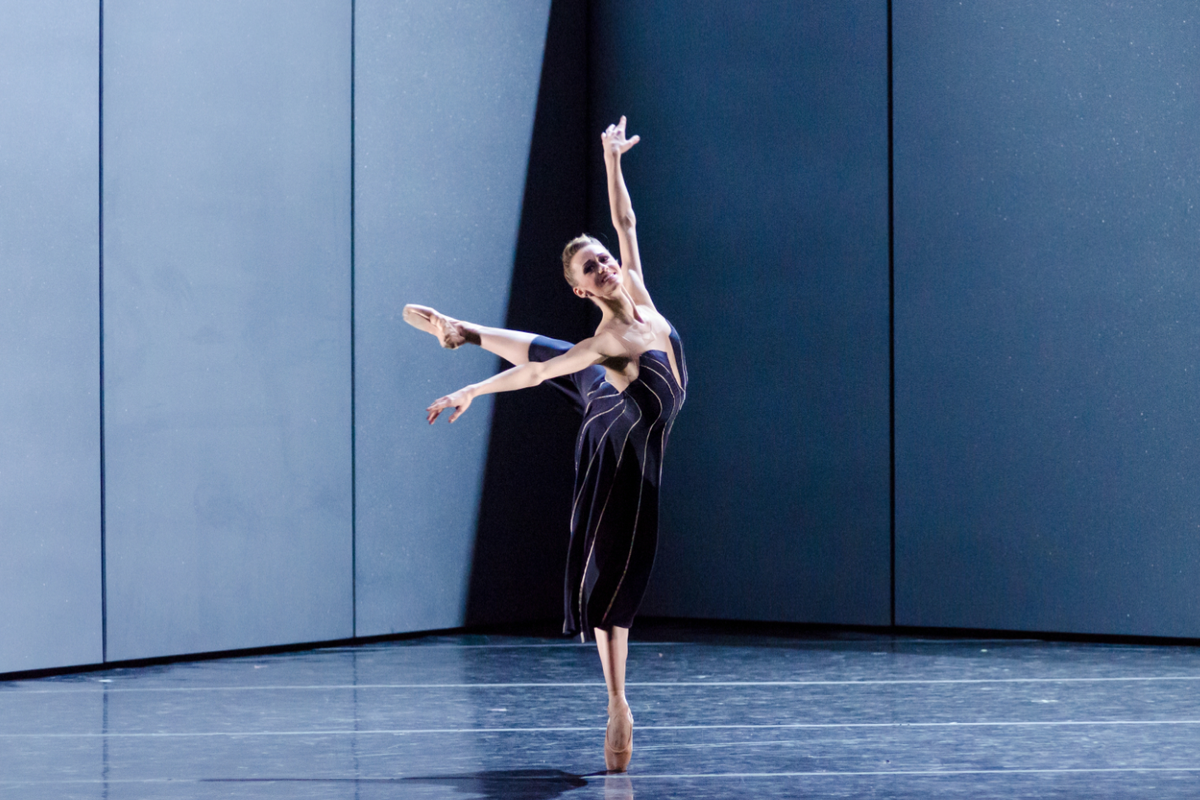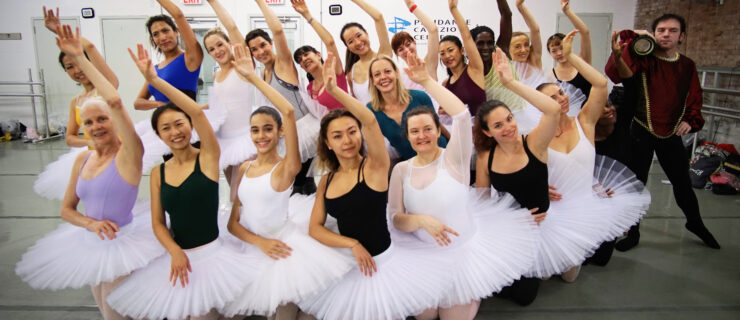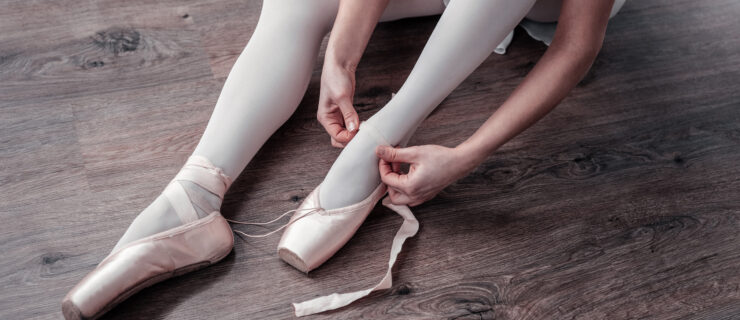The Competition Question: How a School's Approach to Competitions Could Affect Your Career
This story originally appeared in the August/September 2014 issue of
Pointe.
Boston Ballet soloist Dusty Button owes much of her success to the fast-paced world of dance competitions. In her early years, she competed in jazz and contemporary, and her first Youth America Grand Prix win landed her a spot at American Ballet Theatre’s Jacqueline Kennedy Onassis School, which led to a contract with ABT Studio Company.
But less than two months later, Button made an unexpected move for a dancer on the verge of a professional career. She enrolled at The Royal Ballet School. Once there, she found the environment a stark contrast from the competition-focused training that had initially shaped her. “At the school, they would call me ‘bull in a china shop’ because I could technically do anything they asked, but I didn’t do it gracefully,” she says. “I learned how to refine my technique. They teach you how to do a single pirouette well before you learn how to do five.”
Button’s story is one example of how a school’s view on competition can factor into its training philosophy. Students who compete are often virtuosic performers with a commanding stage presence; dancers who don’t compete often excel in technical nuance and refinement of style, but may not have as much stage experience. When choosing a school, consider how its policy on competition fits your personality and whether it will get you to your career goals.
Training for Competition
There is a stereotype about schools that compete: Students rehearse one or two variations nonstop all year long, to the neglect of well-rounded training. The reality, however, is that many schools view competition as an extension of a dancer’s training, rather than the ultimate goal. “It’s certainly not our prime focus,” says Dierdre Miles Burger, director of Orlando Ballet School. “We submit students to competitions because the preparation is instrumental in getting them stronger and helps their overall technical development. The prize is in the process.”
Still, The Rock School for Dance Education co-director Stephanie Wolf Spassoff says that dancers who are selected to compete may follow a different rehearsal schedule. “Sometimes while one group is competing, another will be doing a school show,” says Spassoff.
Perhaps the biggest difference between students who compete and those who do not is that competing dancers are regularly exposed to the pressures of professional life. Competition forces dancers to take responsibility for the preparation and outcome of their performances, and learn how to deal with nerves. Plus, competing helps build stage presence. And it is a great platform for dancers to be seen by company directors—a potential kick-start to a career.
A No-Competition Policy
Schools that forbid participation in competitions believe that students don’t need to look beyond their doors for training, performance and networking opportunities. The School of American Ballet, for instance, emphasizes setting full-length ballets and bringing in outside choreographers. This approach lets a dancer focus solely on technique, with an emphasis on refinement and clarity. “Because we don’t compete,” says faculty co-chair Kay Mazzo, “it gives us time to train our students in our Balanchine style, using our Balanchine syllabus.”
Central Pennsylvania Youth Ballet school principal Nicholas Ade acknowledges that many dancers nab jobs through competitions. The school does not have an official policy, but he believes students shouldn’t be seen and evaluated for professional slots until they’re truly ready. “We tell students: You will make a name for yourself, but it will be when you are fully cooked, when all the ingredients are there,” he says. “Then, you’re seen not only for your potential, but in a more finished and polished way, as a young professional.”
The key is to choose a school that fits your personality, where you are in your training and your career dreams. What do your favorite companies value? Research their dancers’ training paths. The school you choose now will shape the kind of dancer you will become.





